Introduction
I once had a patient who walked into my clinic and said, ‘Doctor, I aim to live to 120 years old’. In true Australian style I responded, ‘mate, I can’t treat boredom’.
Nonetheless, he is not alone. There are a growing number of wealthy people who are distinctly interested in unlocking the secret to extending the human life span. Much money has been invested on studying ageing and how to beat it.
In recent years, a lot of attention has been paid to the work of Prof David Sinclair on the medicine of antiaging. Amongst one of his key research contributions has been the role of a part of the cell called the mitochondria. The mitochondria plays a key role in keeping a cell young and functional. NAD+ is central to a lot of the measures Sinclair talks about and has found itself as a key medicine in the antiaging space. This article offers a brief tour of the important basics on this topic.
What is NAD?
Nicotinamide Adenine Dinucleotide or NAD, is a molecule found in cells that helps repair DNA damage and provide energy for cellular activities.
High levels of NAD are associated with fasting, resveratrol and phenols, and are found in higher levels in Centenarians.
NAD is also important to the redox system, the transfer of electrons that can lead to oxidative damage. NAD+ helps with oxidative damage.
Importantly, NAD+ helps produce energy for important cell processes linked to detox and ageing.
- It assists in cleaning up broken DNA
- It prevents cell death
- It extends the lifespan of a reproducing cell
- It helps the body to heal
Fasting, resveratrol and sirtuin activation play similar roles.

Reference: https://www.elixhealth.eu/nad-plus/
NAD+, as an infusion, has been used for heroin and other drug withdrawal more recently. The theory is that they help beat the inflammation in the brain causing addiction.
Infusions have also been used to enhance brain fog, cellular functioning and liver functioning to name a few roles. It has also been shown that neuroinflammation in the brain can induce depression and addiction in some people.
You can read about relevant health topics on key aspects of anti-aging, cell cleanup, and longevity by clicking the articles below:
- Mitochondria
- Methylation
- Telomeres
- Fasting
How is NAD+ involved in longevity and anti-aging?
NAD+ plays a role in antiaging in a number of ways. Key ones include:
- Enhancing sirtuin activation: which cleans up debris and broken DNA
- Enhancing PARP activity: PARP enzyme activities hunt down and repair broken DNA strands.
Studies have shown:
- Species with more PARP activity live longer: centenarians particularly have high PARP activity
- NAD+ decreases as we age.
- NAD+ is depleted by oxidative stress, damage, free radicals etc. which also shorten telomeres and thus age cells quicker
What is NAD+ used for by doctors?
NAD+ itself is given as an intravenous infusion. It is typically used for heroin withdrawal. The theory is that higher levels of NAD+ in the brain help detoxify cellular debris that enhances the ability of the patient to withstand withdrawal. NAD+ has also been associated with improvements in mood and memory.
Apart from NAD+ itself, which must be given by an infusion, NAD+ enhances or NAD+ Boosters are now commonly used:
Some types include:
- Nicotinic acid or Niacin, a form of vitamin B3, improves NAD+ and has been shown to lower cholesterol
- Niacinamide, a variant of B3, has been shown to reduce non-melanoma skin cancers
- Nicotinamide Riboside has been shown to enhance NAD+ in a number of cells
Should I use NAD+ or NAD+ boosters?
IV NAD+ is used in medical clinics for short periods of time. This is most commonly done when somebody is actively sick such as brain fog, depression, addiction etc.
NAD+ are simpler to give because they are tablets or lozenges and can be taken every day.
It is unclear which one is better. Infusions tend to have a higher dose and a clearer immediate response whereas boosters are taken as health enhancers for people otherwise well.
What are NAD+ boosters commonly used for?
- NAD+ or NAD+ enhancers are typically used:
- To promote longevity
- To assist fasting, autophagy and detox
- To assist with energy, memory and mood
- To treat addictions
- To help detox the liver
- To lower cholesterol
- To treat chronic fatigue syndrome
Numerous studies have shown that neuroinflammation can induce depressive symptoms and increase the likelihood of developing addiction. Your doctor may recommend NAD+ infusions for concentration, mood, depression and or addiction.

What things boost NAD+ naturally?
NAD+ is naturally enhanced by fasting and exercise.
Furthermore, a diet rich in antioxidants such as fruit and vegetables will help preserve NAD levels.
Resveratrol, found in fruit and wine, is a powerful activator of Sirtuins Curcumin, Quercetin are also found to activate sirtuins
What else should I do whilst boosting NAD+ ?
NAD+ boosting mobilises resources for cellular cleanup.
In this process, it can use up substrates that are otherwise required for methylation, a chemical process used to provide energy and process waste.
NAD+ boosters often require removal via the kidneys, which soaks up methyl groups.
Thus, it is important to support methylation whilst boosting NAD+ such as taking folate or TMG (Betaine) to ensure that the methylation system is not compromised.
If methylation is compromised, this accelerates cellular aging and impairs the body’s function in multiple tissues.
Doctor Notes
Low NAD means low PARP and PARP is anti-cancer.
Tryptophan leads to lots of neurotoxic damage downstream; it’s a crap way to get your NAD+.
The jury is out on the best form; the vitamin companies are slogging it out to see who can make the biggest profit.
NAD+ infusions do not really cross the BBB but probably work best in the liver.
Aim for 500mg of NAD+ and 1g of niacin.
Are NAD+ infusions safe?
NAD+ infusions are generally safe, and used for the enhancement of DNA repair and mitochondrial functioning with a view to improving energy, sleep, mood, cognitive function and liver function. It should be noted that research is theoretical and the results of NAD+ have not been comprehensively studied.
What are the risks of an NAD+ infusion?
The infusion involves having a small plastic needle inserted into a vein to deliver NAD+ to the circulation. This may involve pain, bruising and bleeding. During the infusion, if the rate of infusion is too high, a sensation of flushing and heart racing may be felt.
Rarely, somebody may be allergic to a component of the drip.
There may be complications resulting from this procedure which could include but are not limited to infection, nausea, vomiting, diarrhea, pain and discomfort, weakness, fainting, micro-hemorrhages, ecchymosis, embolism, allergic reactions,
shock, IV fluid infiltration, swelling, needle breakage and its retention, death, and even aggravation of current symptoms.
Most patients report mild symptoms during the administration of NAD and the vitamin mixture that are transient.
Reference
Johnson S, Imai SI. NAD + biosynthesis, aging, and disease. F1000Res. 2018;7:132. Published 2018 Feb 1. doi:10.12688/f1000research.12120.1

